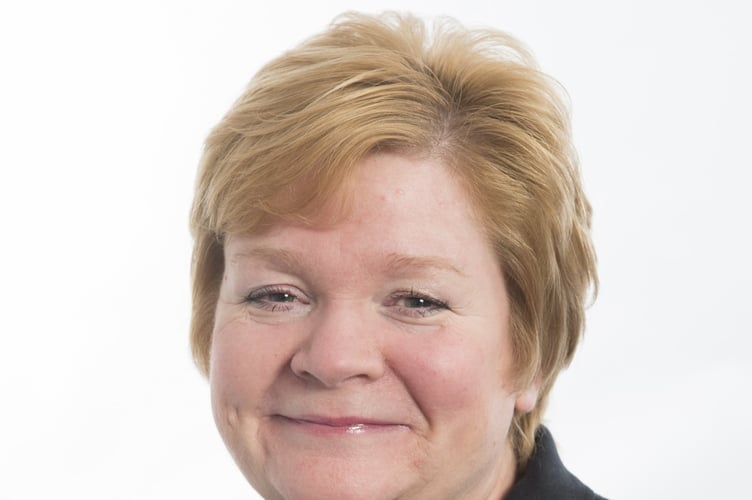A long-running financial education programme in the Isle of Man has been suspended following major funding cuts – just as the UK Government announces that financial literacy will become compulsory in all schools.
Junior Achievement, the Manx charity that delivered hands-on money management lessons across the island’s secondary schools for more than 12 years, has confirmed it has paused its ‘It’s All About Money’ programme after exhausting its reserves.
The scheme taught essential skills such as budgeting, saving, understanding credit and recognising scams, reaching more than 10,000 students.
Junior Achievement Isle of Man is a not-for-profit organisation that works with schools to help young people develop practical life skills, confidence and workplace readiness. Its programmes are delivered with the support of trained volunteers and have included sessions on careers, employability and decision-making, alongside its financial literacy work.
Its suspension comes at a time when governments and education systems are placing increasing emphasis on financial skills for young people. Financial literacy is now widely viewed as a basic life skill, with schools expected to help pupils understand everyday money decisions such as managing bank accounts, using cards online and dealing with the rising cost of living.
The funding shortfall on the island contrasts sharply with the latest developments across the water.
The UK’s decision to embed financial education into the national curriculum followed the ‘Curriculum and Assessment Review’ launched by Prime Minister Sir Keir Starmer last year.
The review found financial literacy to be one of parents’ biggest concerns and revealed that 71% of seven to 17-year-olds make online purchases without adult supervision.
Supporters of school-based financial education argue that lessons are most effective when they are practical, regular and delivered before young people start making financial decisions on their own. Programmes such as ‘It’s All About Money’ have been used to introduce real-world examples and give students the chance to practise dealing with everyday situations, from drawing up a simple budget to spotting the warning signs of fraud.

Sue Cook, CEO of Junior Achievement, said: ‘It’s great to see financial education being recognised as essential in the UK.
‘We have seen first-hand how valuable it is for young people to understand money early on.
‘It’s disappointing that, at the same time, we have had to pause our work here due to funding challenges.’
Ms Cook said the charity had continued delivering lessons for three years after losing its main funding stream in 2022, but sustaining the programme is currently no longer possible.
A spokesperson for the Department of Education, Sport and Culture (DESC) commented: ‘The Department recognises the valuable contribution Junior Achievement makes in supporting children and young people across the Isle of Man.
‘The DESC currently provides annual funding of £80,000 to support with the provision of career education services.’
The charity is now seeking a funding partner in order to reinstate the financial literacy programme in 2026.
Organisations interested in supporting the initiative can contact Sue Cook at [email protected].




